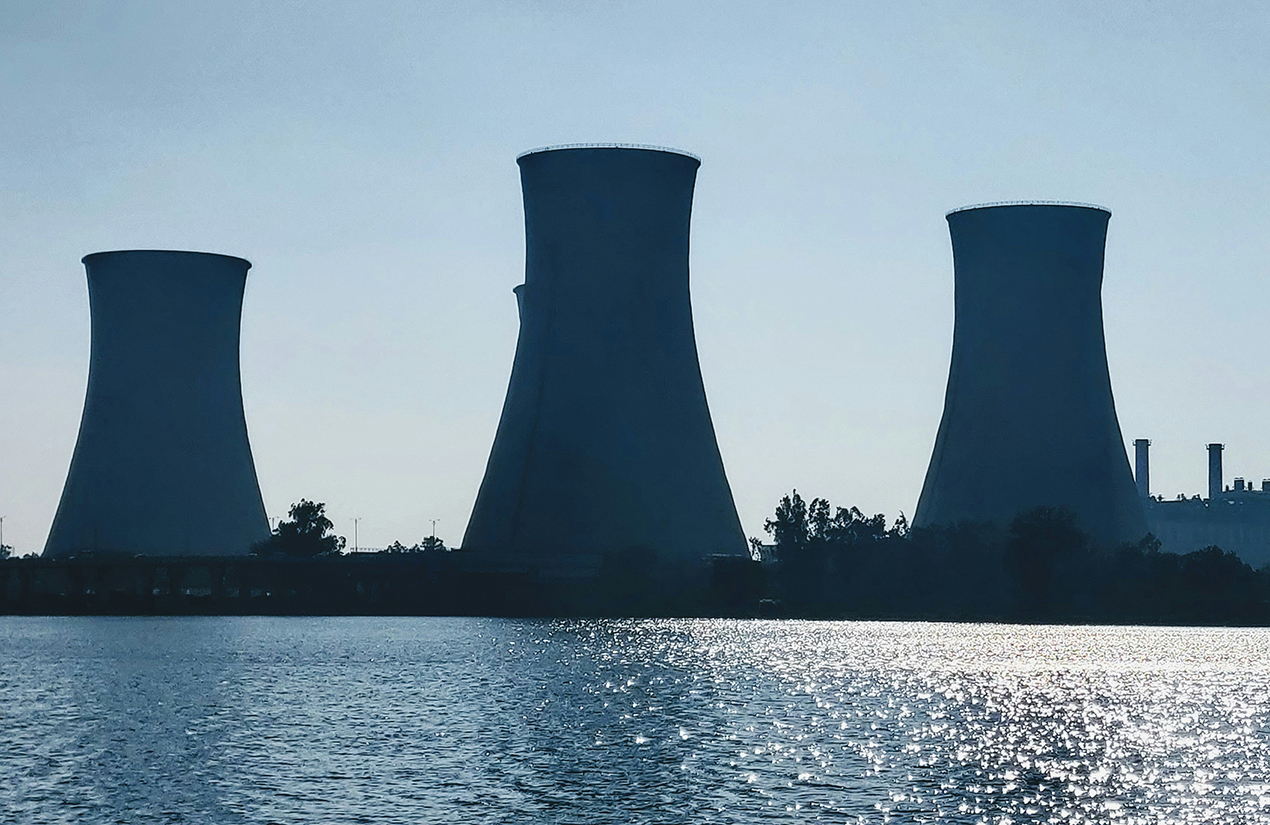News
Many Countries in the Middle East are Interested in Developing Nuclear Energy
Toyo Taniguchi, deputy director-general of
the International Atomic Energy Agency, recently revealed that several Middle
Eastern countries, including Saudi Arabia and the United Arab Emirates, have
expressed interest in developing civilian nuclear energy and diversifying their
energy structure.
Although these Middle Eastern countries
have repeatedly emphasized that the main purpose of developing civilian nuclear
energy is to desalinate sea water, at a time when the situation on the Iranian
nuclear issue is delicate, these Middle Eastern countries' accelerated move
towards the nuclear energy field has aroused concerns in some Western
countries: If such a situation in the Middle East Nuclear competition in a
complex and unstable region will have unimaginable consequences.
Taniguchi Toyoshi recently revealed in an
interview with the "Middle East Economic Digest" weekly that at least
six Middle Eastern countries, including Saudi Arabia and the United Arab
Emirates, have expressed interest in developing civilian nuclear energy.
Taniguchi Toyomi said that the
International Atomic Energy Agency has started consultations with the
governments of these Middle Eastern countries and will help these countries
build nuclear facilities in accordance with the relevant regulations of the IAEA.
He also revealed that these Middle Eastern
countries intend to build small nuclear power plants with a power generation
capacity between 100 megawatts and 300 megawatts. According to current
technology, it can be completed in only six or seven years at the fastest. The
International Atomic Energy Agency believes that building such a nuclear power
plant may not be economical. Currently, the power generation capacity of
nuclear power plants built internationally is usually between 500 megawatts and
1,000 megawatts, but it takes about 10 years to complete.
International Atomic Energy Agency
officials said that the purpose of developing civilian nuclear energy in these
Middle Eastern countries is to diversify their energy agencies, especially to
save the large amount of energy required to desalinate seawater. For these
Middle Eastern countries that are short of fresh water resources, sufficient
fresh water resources are strategic resources related to national economic
development and even national security. Previously, the cost of using
traditional energy to purify fresh water was quite expensive.
However, Bronwen Maddox, a reporter for the
British Times, believes that Middle East countries are quite rich in oil
resources, especially countries like Saudi Arabia and the United Arab Emirates.
If they give up their own superior energy resources and turn to development,
there may be security and Nuclear energy, which has potential pollution risks,
may have other purposes besides desalinating seawater resources.
Mark Fitzpatrick, a nuclear expert at the
Institute of International Strategic Studies, believes that there may be some
connection between these Arab countries' determination to develop nuclear
technology and the Iranian nuclear issue. Especially from the coincidence of
time, it is easy to trigger associations from the outside world.
Fitzpatrick said that Iran has accelerated
the implementation of its nuclear program and continuously improved its uranium
enrichment capabilities, which has aroused concerns in Arab countries. These
countries feel that if they can master advanced nuclear technology, they will
have security guarantees against nuclear threats. Turkey, which was the first
to announce its entry into the civilian nuclear energy field, announced in June
this year that it would build three nuclear power plants by 2015. At that time,
it was a tense moment for the Iranian nuclear issue.

RELATED NEWS
- Global Oil Production Declines Slightly, Renewable Energy Grows Rapidly
- Stop Coal for Three Days! The British Power Grid Moves towards the Goal of "Deco
- Denmark Unveils Plans for LNG Filling Stations
- Two Exhibitions Open at the Same Time! BANDON Detonates Industry Hot Spots!
- U.S. Oil Rig Count Rebounds from Decline
